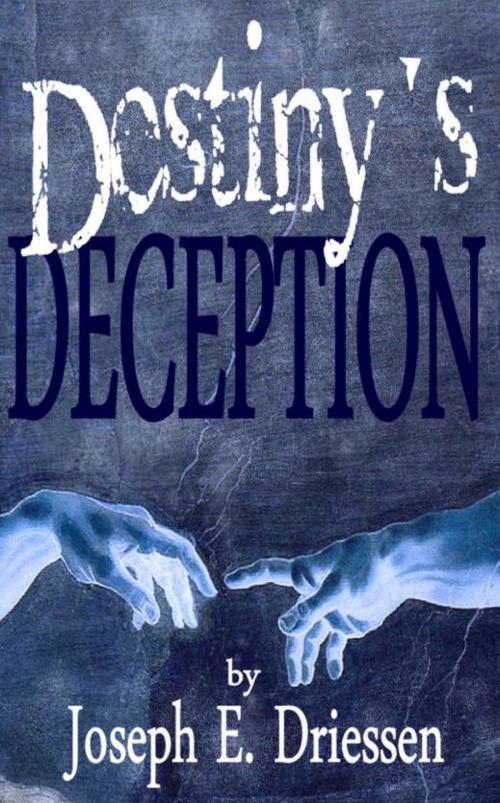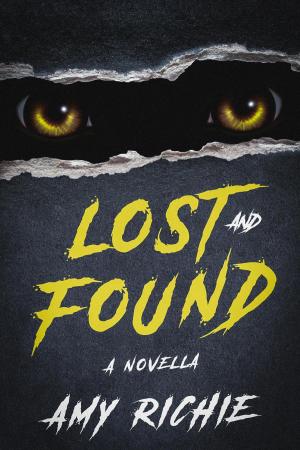| Author: | Joseph Driessen | ISBN: | 9781476264844 |
| Publisher: | Joseph Driessen | Publication: | August 5, 2012 |
| Imprint: | Smashwords Edition | Language: | English |
| Author: | Joseph Driessen |
| ISBN: | 9781476264844 |
| Publisher: | Joseph Driessen |
| Publication: | August 5, 2012 |
| Imprint: | Smashwords Edition |
| Language: | English |
“It’s no longer a question of if.
It’s a question of when and where.”
Lee Silver, Ph.D., reproductive biologist, Princeton University, discussing human cloning and replication.
Genetic experimentation has progressed from scientific theorem, to an ethical debate of unimaginable complexity and unpredictable consequence. Indeed, our innate curiosity to explore the unexplored has exceeded our capacity to understand the ramifications of what we might find.
In the past decade, we've witnessed unparalleled breakthroughs in deciphering DNA, as well as replicating and cloning animate life. Science has now set its sights not on the sheep, but the shepherd. In this brave new world of genetic predeterminism, the distinction between creator and created will fade to memory, ethics will be a liability to the almighty bottom line, and the unthinkable will become reality.
An excerpt:
The child looked older than nine, though pale and willowy. Her gaze seemed vacant. Not empty, but rather as if she were too deep in thought to pay attention to something as mundane as a having her picture taken. Melissa had short dark hair, cut just above the ears and straight across her forehead. Though Angela suspected that James and Olga Revkin were not her biological parents, their daughter at least looked part Russian.
And that smile . . .
A tear formed before she could stop it. Angela wasn’t looking at a hellish experiment, but at a person—a young girl. The smile is what did it. Not the witless, toothy grin one might expect, but a haunting Mona-Lisa smirk revealing the uniqueness of her exquisite beauty. She smiled in return, imagining what the child might be thinking: ‘Neener neener. I know something you don’t and I’m not gonna tell.’
Angela wiped away the tear. “What did I expect?” she whispered. “Some kind of two-headed monster? She’s so young, so pretty, so perfect . . . My God, Melissa, what have they done to you?”
“It’s no longer a question of if.
It’s a question of when and where.”
Lee Silver, Ph.D., reproductive biologist, Princeton University, discussing human cloning and replication.
Genetic experimentation has progressed from scientific theorem, to an ethical debate of unimaginable complexity and unpredictable consequence. Indeed, our innate curiosity to explore the unexplored has exceeded our capacity to understand the ramifications of what we might find.
In the past decade, we've witnessed unparalleled breakthroughs in deciphering DNA, as well as replicating and cloning animate life. Science has now set its sights not on the sheep, but the shepherd. In this brave new world of genetic predeterminism, the distinction between creator and created will fade to memory, ethics will be a liability to the almighty bottom line, and the unthinkable will become reality.
An excerpt:
The child looked older than nine, though pale and willowy. Her gaze seemed vacant. Not empty, but rather as if she were too deep in thought to pay attention to something as mundane as a having her picture taken. Melissa had short dark hair, cut just above the ears and straight across her forehead. Though Angela suspected that James and Olga Revkin were not her biological parents, their daughter at least looked part Russian.
And that smile . . .
A tear formed before she could stop it. Angela wasn’t looking at a hellish experiment, but at a person—a young girl. The smile is what did it. Not the witless, toothy grin one might expect, but a haunting Mona-Lisa smirk revealing the uniqueness of her exquisite beauty. She smiled in return, imagining what the child might be thinking: ‘Neener neener. I know something you don’t and I’m not gonna tell.’
Angela wiped away the tear. “What did I expect?” she whispered. “Some kind of two-headed monster? She’s so young, so pretty, so perfect . . . My God, Melissa, what have they done to you?”















